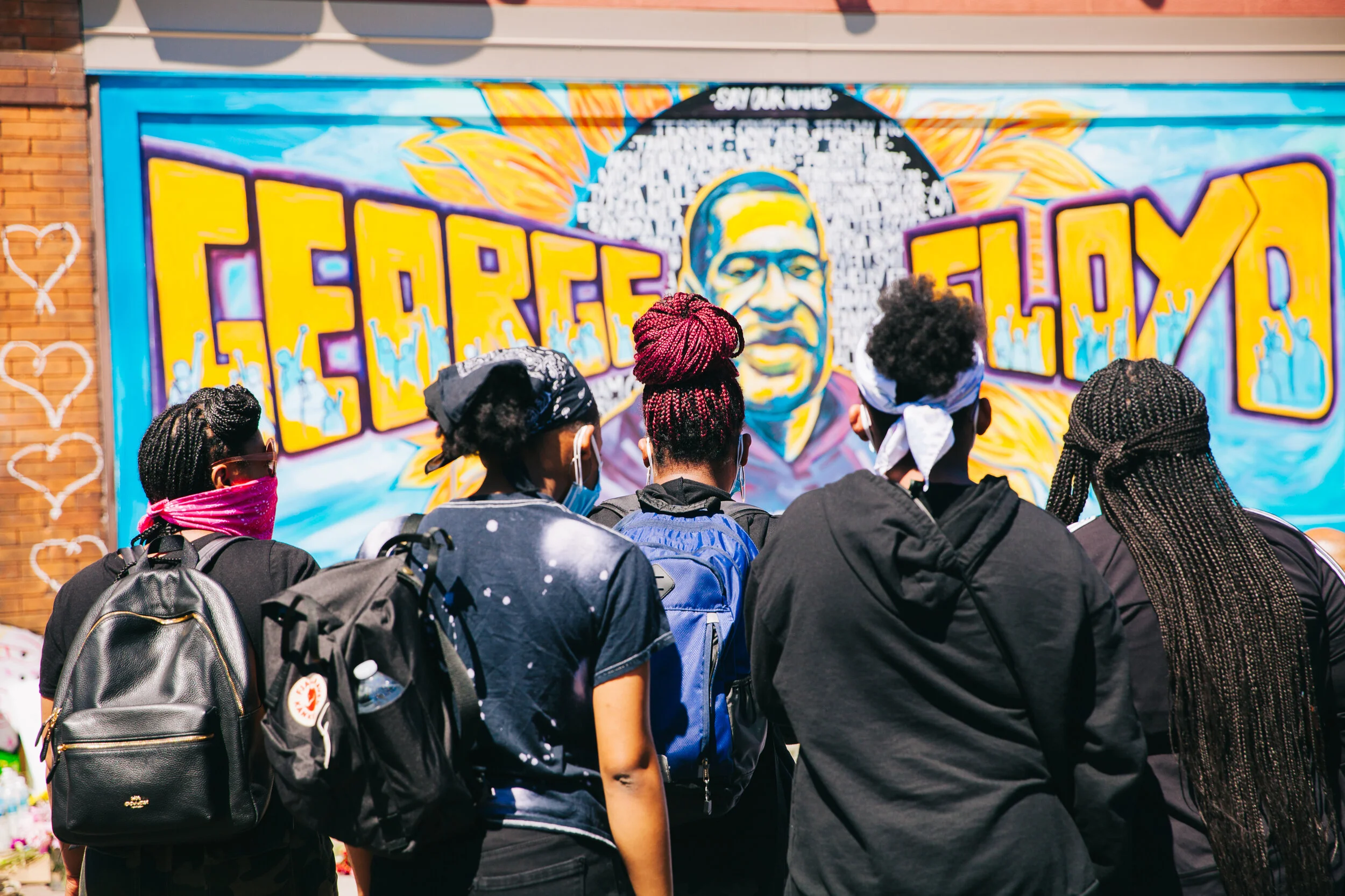In a Tough Year, New Strides on Funding Intersectional Work Against Bigotry
/photo: a katz/shutterstock
If there’s any silver lining to today’s divisive political environment, it’s that lots of organizations and leaders are looking beyond feel-good bromides and asking themselves: What difficult steps will really foster social change? Among funders, there’s been a corresponding push for collaborative work and intersectional thinking.
We’ve seen many funders acknowledge that working across boundaries, previously something of a luxury, has become necessary as vulnerable groups come under new attack. But what does intersectionality mean on the ground? And how can the grassroots reliably inform grantmaking?
Those questions came to the fore this September at CHANGE Philanthropy’s 2017 Unity Summit, a major gathering of leaders in progressive philanthropy. As we reported at the time, this year’s political tumult has inspired a great deal of reflection among these folks. One organizer noted “a deepening of understanding around concepts of justice, equity and fairness, [including through] the use of frameworks like white supremacy.” Another pointed to a growing awareness that under Trump, many of these funders’ constituencies are being attacked in ways that parallel one another.
Related: Beyond Buzzwords: In Stressful Times, These Funders See Hope in Intersectionality
A need for deeper collaboration is one obvious takeaway. But it’s also clear that plenty of funders see these emerging coalitions as a key to waging a broader, more effective kind of combat on behalf of their goals. The way forward involves de-emphasizing issue areas and clearly articulating values: what you stand for, and by extension, what you stand against.
Could progressive funders finally be getting serious about movement building after years—actually, decades—of giving lip service to this idea while sticking to silo-ized grantmaking? Maybe.
Take an outfit like the Groundswell Fund. Committed to the issues “under the most severe attack,” Groundswell wants to grow the capacity of reproductive justice organizations, its main focus, as intersectional organizing hubs. That includes supporting voter engagement and upping its gifts of general operating support to effective grassroots groups.
It also means listening to grantees, another sector cliché that’s still vitally important given the power imbalance between wealthy funders, often with white male leadership, and the communities they aim to serve. Rapid-response funding, a strategy that’s been very popular this year, has revealed a need for better engagement with the field. Given the fast-moving nature of grassroots social movements, does philanthropy have the nimbleness to keep up and contribute effectively? And what happens when the phone cameras point in a different direction?
Related:
- Toward Liberation: A Staunch Social Justice Funder Puts Women of Color Up Front
- Keeping Up: Philanthropy In an Era of Sweeping Social Movements
To their credit, many funders do understand the need for long-term strategies against hate and bigotry. While they all address the forces that attended Donald Trump’s rise, some of their projects were already on the drawing board well before last year’s election. They’re also experimental, with funders trying new tactics to advance their vision of a pluralistic American future.
The Pop Culture Collaborative is one case in point. Drawing support from foundations like Kellogg, Ford, Nathan Cummings, Unbound Philanthropy and JPB, the aim is to reach a broader audience by elevating the stories of immigrants and people of color in entertainment media. Beyond simply funding particular projects, the $25 million collaborative wants to build a “lasting infrastructure” to tell those stories, and isn’t afraid to engage with Hollywood and its mixed social justice reputation.
Also coming out of Hollywood, Steven Spielberg’s Righteous Persons Foundation is another anti-hate funder that embraces narrative and storytelling. With an eye to bigotry’s long history in America and abroad, RPF supports educational projects—in the classroom, in museums and online—meant to inspire empathy and discourage prejudice. RPF’s main focus is the Jewish experience, but Executive Director Rachel Levin pointed to increased attention to intersectionality in this space. “These issues are not new to the country or the foundation, and we can draw from the experience of incredible partners who have been working on this for a long time.”
Related:
- Inside a Funder Collaborative Seeking Social Justice Through Pop Culture
- Righteous Education: What a Top Filmmaker’s Foundation Is Doing to Fight Hate
Of course, any discussion of anti-racist philanthropy wouldn’t be complete without an update on the W. K. Kellogg Foundation. With an extensive track record of racial justice grantmaking under its belt, Kellogg is now pursuing an ambitious initiative it calls “Truth, Racial Healing & Transformation.” The idea germinated well before Donald Trump’s election. Taking its cue from truth and reconciliation commissions in nations like South Africa and Canada, the project has seeded over $24 million to grantees across the country.
Kellogg’s approach to racial issues has always covered wide ground, and this project is no different. In pursuit of racial healing, Kellogg will focus on surmounting legal barriers, economic inequalities and the costs of segregation. The project also supports narrative change strategies to illuminate America’s diversity and highly racialized local histories.
In addition to Kellogg, the Pillars Fund, a growing organization focused on supporting America’s Muslim community, is pursuing similar media-centered strategies. Unbound Philanthropy is doing the same on behalf of immigrants and migrants.
Immediately following last year’s traumatic election and the spate of local hate crimes that came with it, we saw funders like Pierre Omidyar, Open Society, and Craig Newmark jump in with rapid responses. Other funders followed suit, often with a more limited approach we’ve called “status quo plus”—keeping previous priorities intact while undertaking some new grantmaking.
But with 2017 coming to a close, it’s becoming clear (if it wasn’t already) that rapid response and status quo plus can only treat symptoms, not underlying causes. There’s a growing understanding that anti-black racism, anti-LGBTQ prejudice, anti-female sexism and the like aren’t simply “issue areas.” They indicate basic structural flaws that need to be addressed in concrete—and often localized—ways.
As we’ve seen, coalition building is one path forward, one that plenty of funders and affinity groups are ready to embrace. Getting closer to the grassroots is another, as is giving grantees more leeway. But perhaps most importantly, the progressive funding community must be willing to examine its own internal dynamics, if only to avoid replicating the very injustices it opposes.
Related:







































